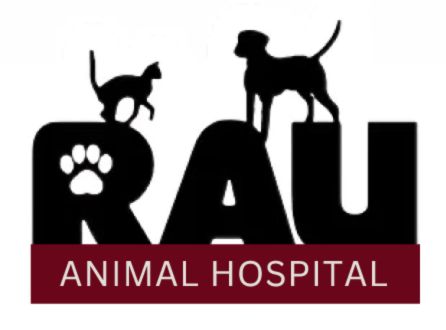
Dog Allergy Symptoms
While not usually life-threatening, allergies in dogs do cause discomfort. Most symptoms are associated with dermatologic problems but some can also lead to chronic respiratory issues in some dogs if untreated for long periods of time. Sometimes an owner will bring their dog to a veterinary appointment, suspecting a serious medical condition, and end up finding out that their canine companion has an allergy.
Here are some allergy symptoms commonly found in dogs:
- Excessive licking
- Compulsive scratching
- Periodic chewing on the same or different body parts or areas
- Regularly rubbing body or body parts against the ground, walls, furniture, etc.
- Frequent sneezing and/or wheezing
- Skin irritation/fur loss
Dogs that suffer from allergies have abnormal skin and a less-than-optimal immune response which allows for secondary infections to occur. Typically, dogs do not suffer from a single allergy, but instead, dogs with sensitivities to allergens have a host of issues. You must understand that dog allergies are due to a complex set of issues that tend to change as the dog's environment changes. Because these symptoms can have several possible causes, we recommend making a veterinary appointment if you notice your dog exhibiting any of the above symptoms.
Treating Allergies in Dogs
It is helpful to understand that allergies cannot be cured but can be successfully treated. There are many types of treatment including the combination of oral medication, bathing, topical therapy, and even injectable antigen therapy.
Prescribing the correct allergy medicine for dogs depends largely on the symptoms that the dog is displaying, the severity of the symptoms, and preexisting medical conditions. Allergy medicine for dogs may involve one or more of the following types of therapies:
- Anti-inflammatory therapy
- Immune modulators
- Food and Dietary supplements
- Antipruritic therapy (anti-itch)
- Shampoo therapy
- Hyposensitization therapy
To learn which allergy medicine for dogs, and what dog allergy treatment methods will work best for your canine friend, schedule an appointment with your veterinarian today. Every allergy case is different and must all be approached on a case-by-case basis.
Choosing The Best Dog Food For Allergies
Some dogs suffer from food allergies. The only way to determine food allergies is to do an elimination diet in which we change your dog's diet to a limited list of ingredients that contain no known allergens. These can be home-cooked or commercial diets(prescription) specifically made for food allergic dogs.
We can help determine whether or not your dog has a food allergy by prescribing three possible diets: limited ingredient, novel, or prescription diet.
It is important to remember that only about 10% of all dog allergies are food-based.
